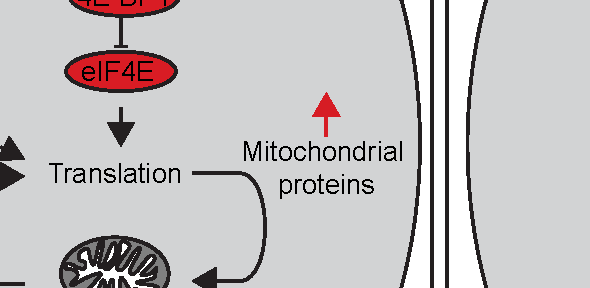
Submitted by S. Brown on Fri, 13/08/2021 - 10:38
Mesothelioma cancer patients may benefit from new research that sheds light onto the reason behind the growth of these tumour cells which, unlike most cancers, have no oncogenic drivers.
Scientists from the MRC Toxicology Unit (University of Cambridge) and the CRUK Beatson Institute (University of Glasgow) worked on the research just published in Nature Communications. It explores the role of the protein synthesis machinery in tumour growth and provides insights into a new therapeutic target that could extend the life of patients with this disease.
Mesothelioma is a type of cancer mostly caused by people inhaling asbestos fibres, many years before diagnosis. Once diagnosed, the tumours are often already at an advanced stage and so only 5%-10% of patients survive more than 4 years post-diagnosis [Mesothelioma | British Lung Foundation (blf.org.uk)].
While most cancer cells are known to have oncogenic drivers which lead to their rapid growth, mesothelioma cells do not overexpress these proteins. This study explores why mesothelioma cells still grow so rapidly.
Anne Willis OBE (Director of the MRC Toxicology Unit, University of Cambridge) explains: “We found that the protein synthesis machinery is over expressed and that this drives the expression of mitochondrial proteins, making highly active mitochondria to provide the energy for growth.”
“If we inhibit protein synthesis we can stop the mesothelial cells from growing, and we show this in tumour samples from patients and in an animal model of mesothelioma.”
The next step for this work will be to understand how the data can be used to devise combination therapies for mesothelioma patients in order to extend their life.

